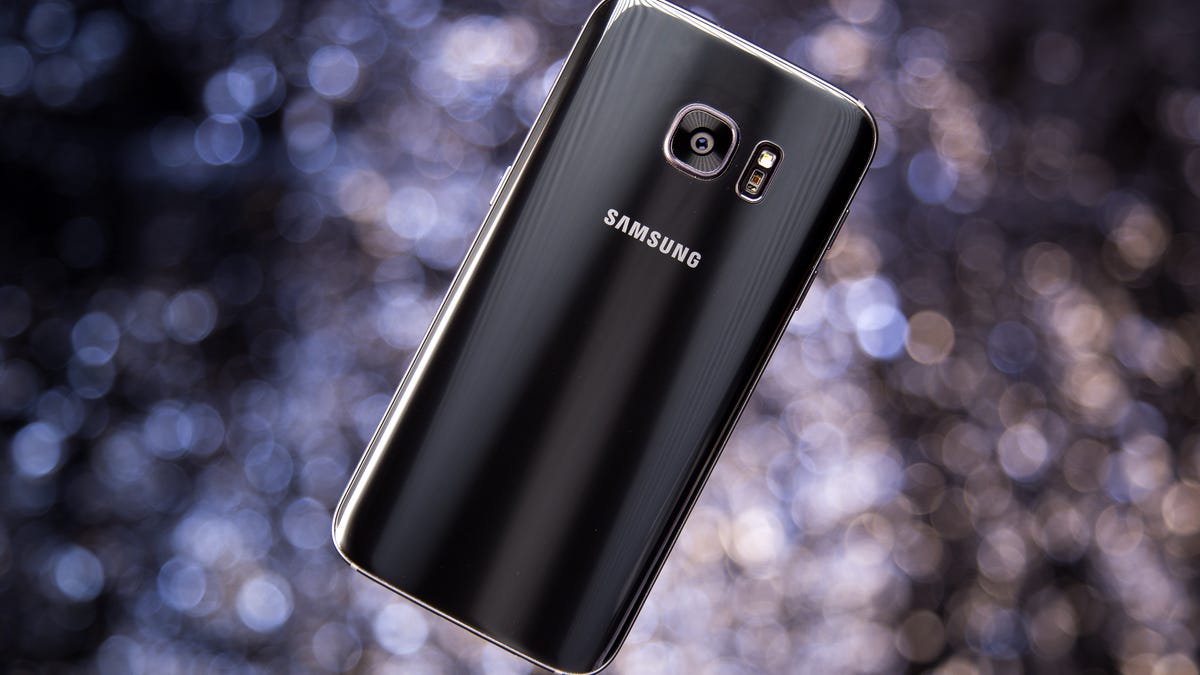Has the Galaxy S7 helped Samsung rediscover its mobile mojo?
The company's profit increases 12 percent in the first quarter, buoyed by strong sales of its flagship phone.

For Samsung, the phone market has been feast or famine.
The launch of the Galaxy S3 in 2012 crowned Samsung the world's smartphone king and helped fuel five consecutive quarters of record profits. But the company's phone fortunes faded as subsequent flagship handsets failed to excite consumers, leading to seven straight quarters of declining profits.
Now it appears that Samsung's latest top-of-the-line phone has righted the ship.
The South Korean electronics giant on Wednesday reported a first-quarter profit of 6.68 trillion won ($5.8 billion), an increase of 12 percent over the year-ago period. The results beat the 5.53 trillion won average of analysts' estimates compiled by Bloomberg.
The company's mobile division, formerly its cash cow, sprang back to life with an operating profit of 3.89 trillion won, an increase of nearly 42 percent over the same quarter last year and its highest since the second quarter of 2014. Samsung credited much of that growth to sales of the Galaxy S7 and S7 Edge, which were released in March to get a jump on the competition. It also said it expects strong sales to continue next quarter.
Samsung does not release shipment numbers but likely shipped 9.5 million Galaxy S7 devices during the quarter, according to Jay Yoo, an industry analyst at Korea Investment & Securities, handily surpassing his original 7 million estimate. Perhaps more remarkably, the better-than-expected sales came even though the phone had landed in the market for just the last month of the quarter, which ended March 31.
The rebound comes as overall interest in smartphones has waned. Research firm IDC said earlier Wednesday that the company remained the market's top dog in the first quarter, despite shipping fewer smartphones, thanks to the launch of the Galaxy S7. For the first quarter of 2016, Samsung shipped 81.9 million phones, down slightly from 82.4 million in the same quarter last year.
Even Apple is struggling with phone fatigue. On Tuesday, the Cupertino, California, company reported its first ever drop in iPhone sales, with fiscal second-quarter unit shipments down 16 percent to 51.2 million.
Indeed, the entire market is suffering from saturation, putting pressure on vendors around the globe. IDC said the market experienced its slowest growth yet, increasing just 0.2 percent.
Meanwhile, Samsung's chip division, which has buoyed profits in recent quarters, reported a profit of 2.63 trillion won, a decline of 10 percent from the year-ago quarter, on lower demand for memory chips due to the global decline in PC shipments.
Overall, the company had 49.78 trillion won in sales during the quarter, an increase of 5.6 percent year over year.

